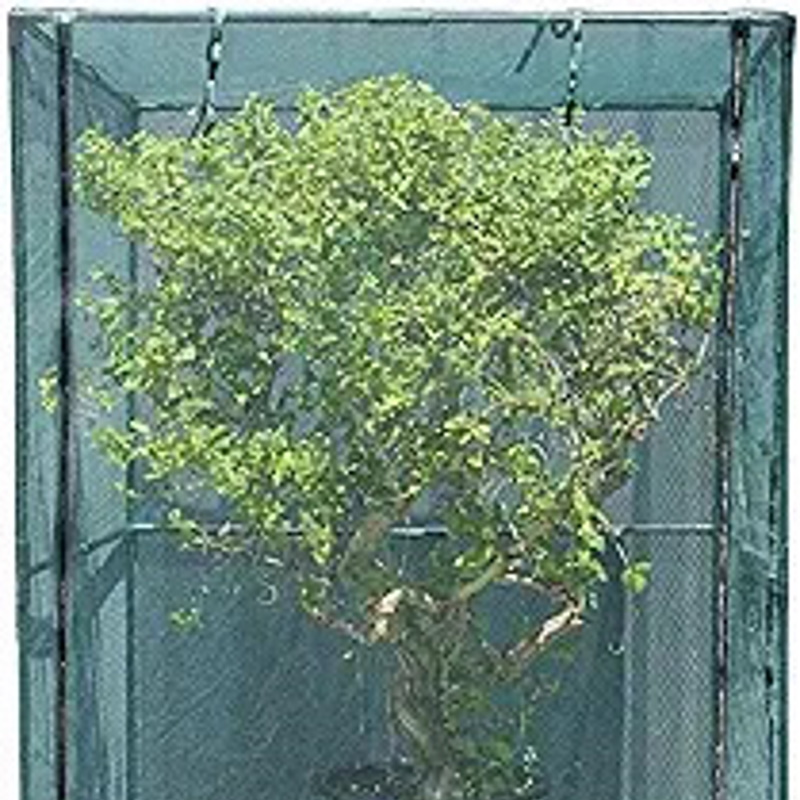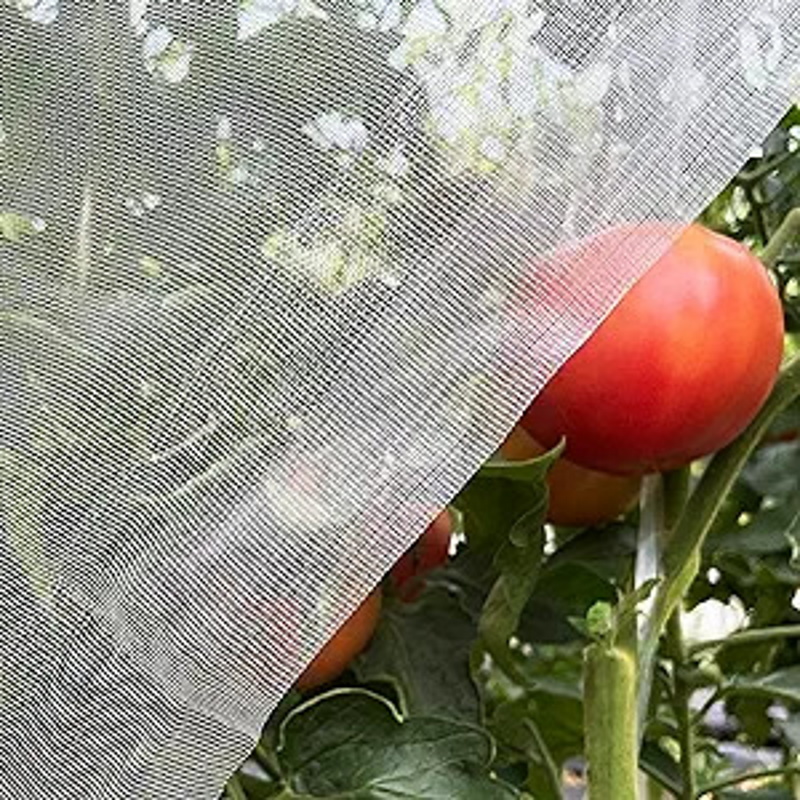Experts urge gardeners to take measures to repel cicadas and protect plants this spring
A cicada infestation will hit the US in April, risking damage to garden plants

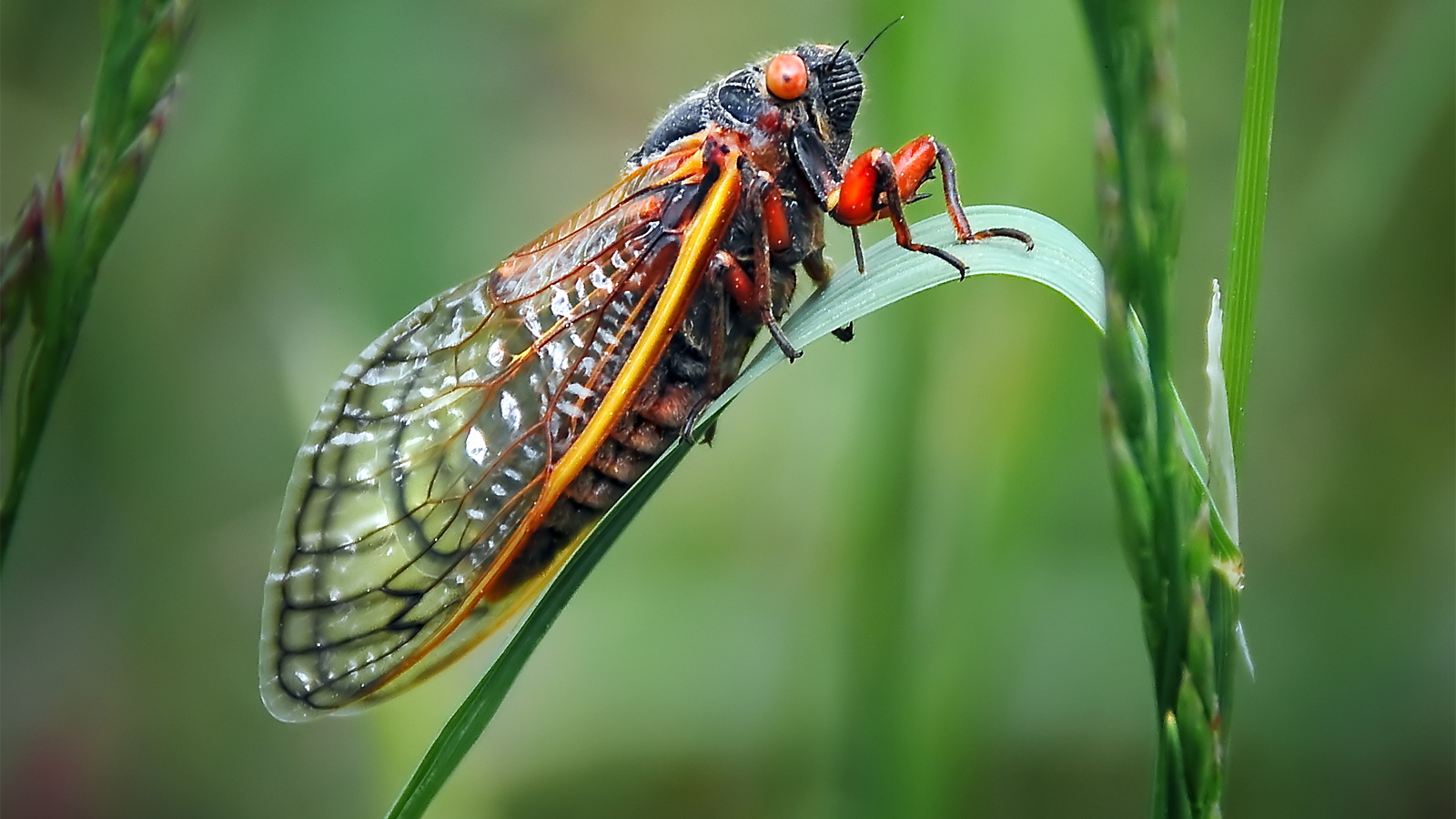
Horticulturists and pest control experts are encouraging home gardeners to prepare for a cicada infestation coming this spring. In April, two groups of the insects belonging to the order Hempitera are predicted to co-emerge - an occurrence last seen in 1803.
It was a scientific study from the University of Connecticut that identified the imminent infestation, which will be prominent in the Midwest and Southeast of the US. Unfortunately for gardeners in these areas, these large insects are likely to damage plants.
There are steps all gardeners can take, however, to both repel cicadas and protect outdoor plants.
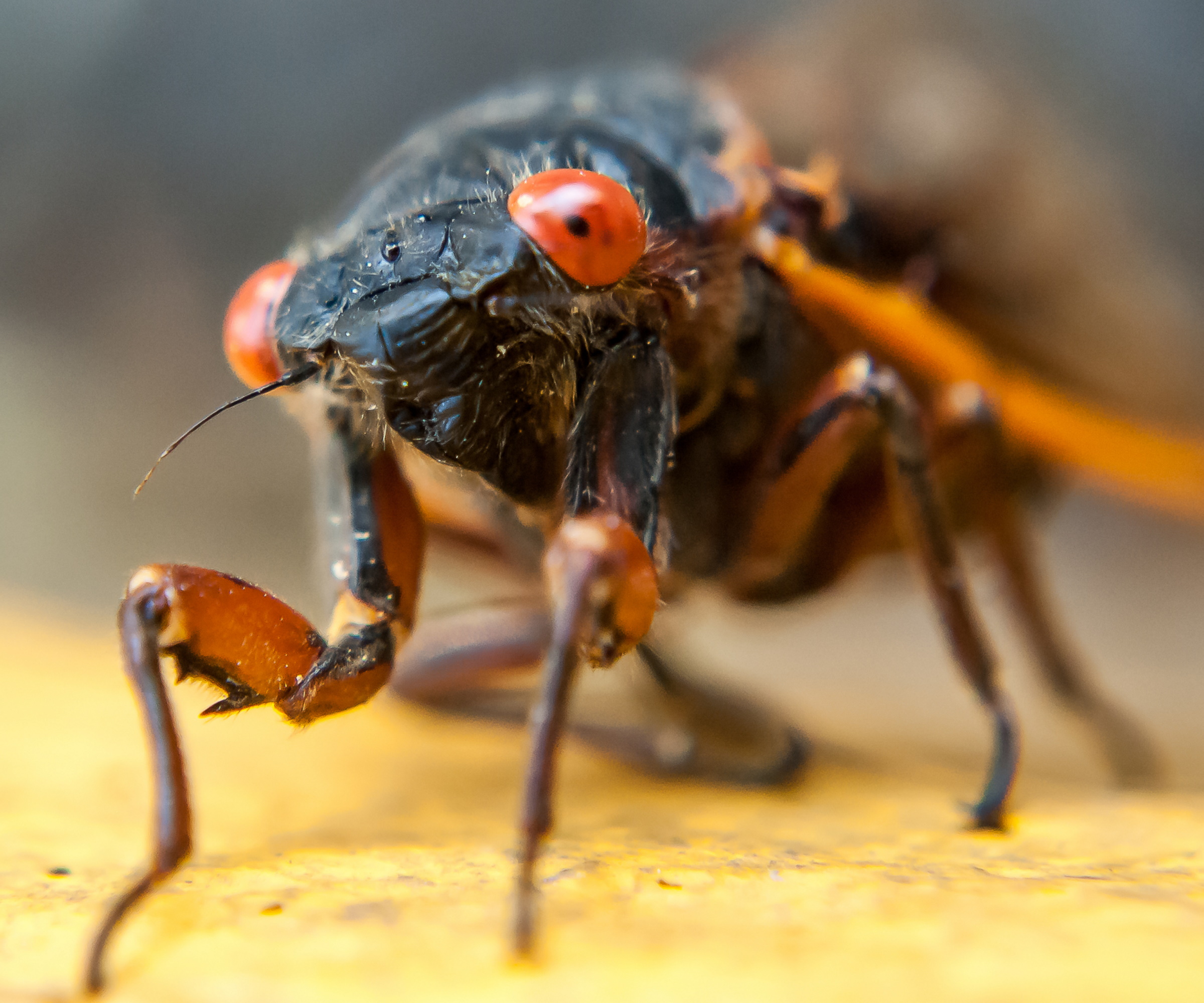
'The good news is cicadas don’t bite or sting, and cause no health hazards to people or pets,' says Amy Enfield, Senior Horticulturist at ScottsMiracle-Gro.
'The bad news is that over 270 species of trees, shrubs and woody vines have been documented as supporting egg development of the periodical cicada; they tend to prefer oak, maple, hickory, beech, willow, dogwood, magnolia, apple, pear, peach and cherry,' she adds.
Cicadas cause damage to woody plants when female insects slice open bark and stems to deposit their eggs. This weakens plants and causes branches to die back.
How to repel cicadas
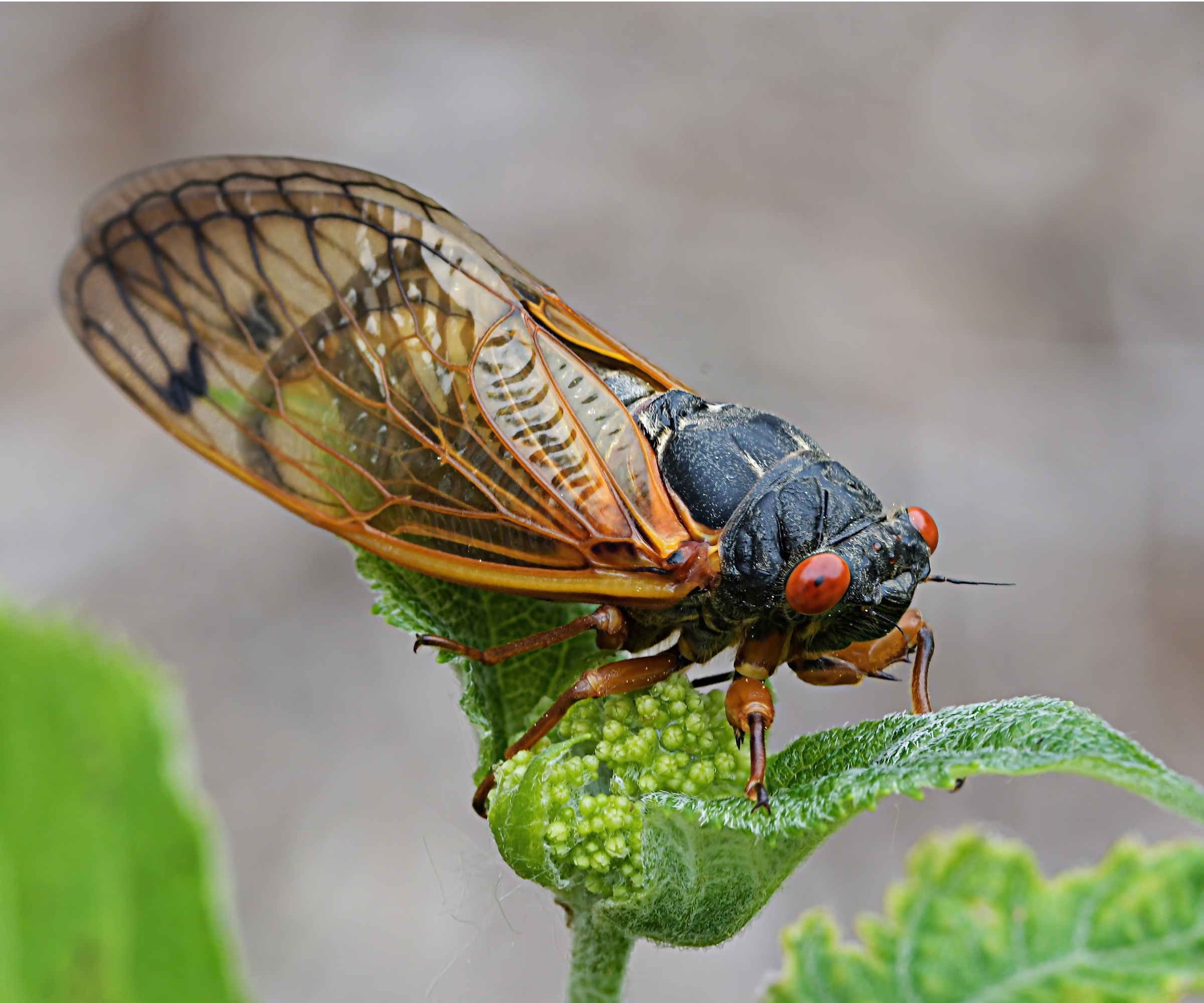
According to garden experts, there isn't a method to keep cicadas out of your backyard entirely but you can put a few precautions in place to keep them away from your plants.
Design expertise in your inbox – from inspiring decorating ideas and beautiful celebrity homes to practical gardening advice and shopping round-ups.
'To repel cicadas, encourage natural predators like birds by creating an environment that will attract them,' says Matt Koch, Director of Biotechnology, Genetics, and Seed at Scotts Miracle-Gro.
You can choose plants for birds to achieve this. 'This includes choosing native grass species and incorporating native plants, as well as providing water sources like bird baths,' he adds.
You can also repel cicadas by not providing the plants they seek. 'If you were planning on planting new trees and shrubs this spring and you’re in the zone of a large cicada hatch, it’s a good idea to postpone planting until the fall,' says Amy.

Amy has over 25 years of experience in the Lawn & Garden industry and has been with ScottsMiracle-Gro for 11 years. She has a BS and MS in Horticulture from Michigan State University and a PhD in Plant & Environmental Sciences from Clemson University. She specializes in live goods research with focus areas in consumers performance, lighting, and ecommerce shippability.

Born and raised in New Jersey, Dr. Matthew Koch joined Scotts Miracle-Gro in 2012 after finishing his PhD work in plant genetics and breeding at Rutgers University. He began as a Scientist in the Biotechnology program and has held a number of leadership roles since. He is currently the Director of Biotechnology, Genetics, Lawn Nutrition and Seed where he oversees the R&D activities of these teams.
How to protect plants from cicadas
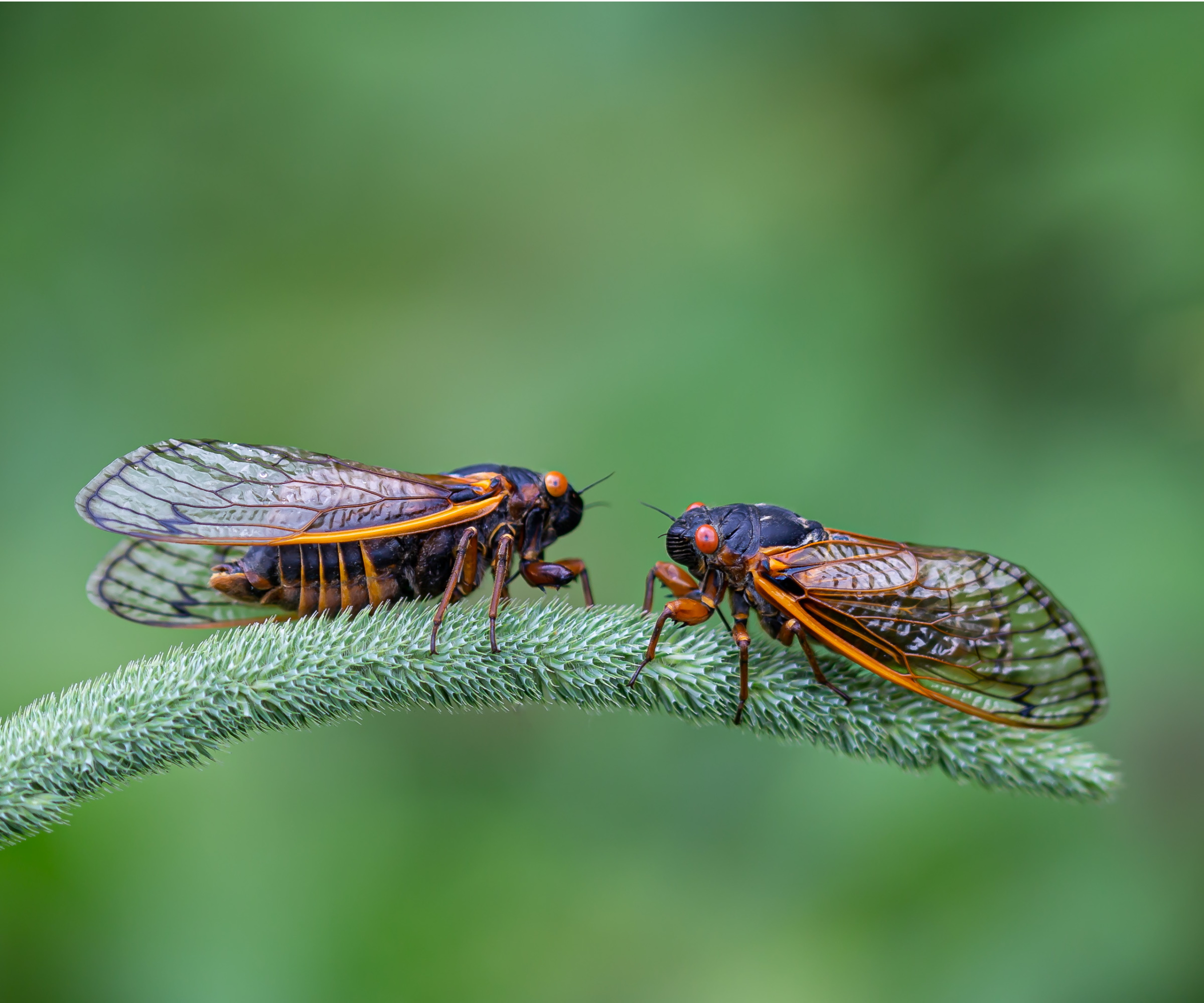
If you're a gardener with woody plants, it's especially important for you to protect them this spring.
'If you have young trees and shrubs in your garden, consider protecting them with fine mesh,' says Nicole Carpenter, President of Black Pest Prevention. 'The mesh size should be about 1/4 inch or smaller to prevent cicadas from reaching the branches to lay their eggs,' she adds.
'Consider wrapping the tree trunks with burlap and start with the young ones which are more vulnerable to cicada damage,' Nicole also suggests.
The experts also encourage gardeners to consider moving woody potted plants indoors.
'Most potted plants can remain outdoors during the cicada hatch. Adult cicadas do not possess the mouthparts needed to feed on plants,' says Amy. 'However, if you have fruit trees in pots or other woody plants growing in containers, it may be beneficial to move these plants indoors for a few weeks during the cicada hatch and egg laying,' she adds.

Nicole Carpenter started working at Black Pest Prevention when she was in high school. She continued working there while attending N.C. State University and eventually became the CEO. Black Pest Prevention is a company that helps with pest control in Charlotte and serves both North and South Carolina.
Shop essential materials to protect your plants

Tenielle is a Gardens Content Editor at Homes & Gardens. She holds a qualification in MA Magazine Journalism and has over six years of journalistic experience. Before coming to Homes & Gardens, Tenielle was in the editorial department at the Royal Horticultural Society and worked on The Garden magazine. As our in-house houseplant expert, Tenielle writes on a range of solutions to houseplant problems, as well as other 'how to' guides, inspiring garden projects, and the latest gardening news. When she isn't writing, Tenielle can be found propagating her ever-growing collection of indoor plants, helping others overcome common houseplant pests and diseases, volunteering at a local gardening club, and attending gardening workshops, like a composting masterclass.
